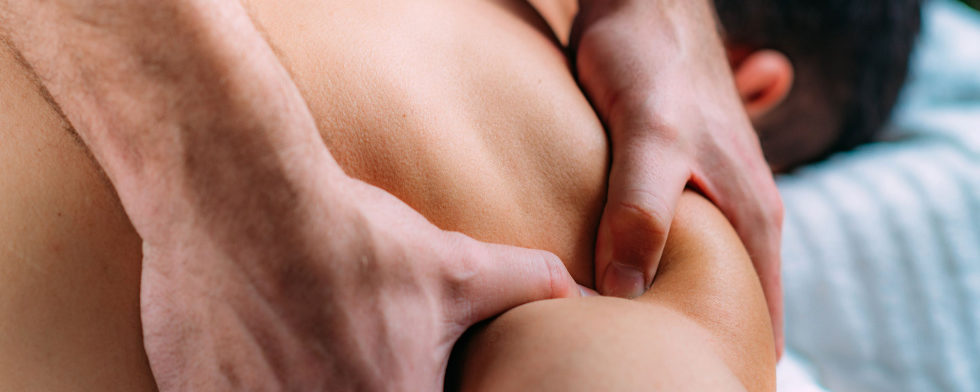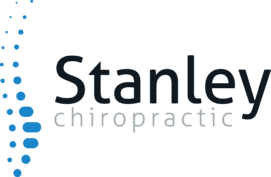Is It Ok To Massage A Torn Rotator Cuff?

Massaging a torn rotator cuff can be helpful for pain relief and improving blood flow, but it should be done with care and ideally, under the guidance of a specialist. Specific massage techniques can reduce muscle tension and alleviate pain in the surrounding areas, but improper massage may worsen the injury if the tear is significant or recent.
When Massage Can Be Beneficial
- After Initial Healing – Once the acute inflammation phase has passed (typically after 48–72 hours), gentle massage around the shoulder area can help alleviate pain and reduce muscle tightness.
- Chronic Rotator Cuff Issues – For long-standing injuries or partial tears, massage can be used to reduce scar tissue buildup and improve mobility.
- Surrounding Muscles – Massaging muscles surrounding the rotator cuff (like the deltoid, trapezius, and upper back) can relieve tension that contributes to shoulder discomfort.
Precautions for Massaging a Torn Rotator Cuff
- Avoid Direct Pressure on the Tear – Directly massaging over the torn tendon can worsen pain and delay healing. Focus on surrounding muscles instead.
- Use Gentle Techniques – Opt for gentle techniques, such as light kneading or circular motions, rather than deep tissue massage, which may be too intense for a torn rotator cuff.
- Stop If Pain Increases – Any increase in sharp or intense pain is a sign to stop, as it may indicate that the tear is being aggravated.
When to Avoid Massage
- Immediately After Injury – Avoid massage within the first 48–72 hours of injury, as this is the critical inflammation period where the shoulder needs rest and ice.
- Complete Tears – If you have a complete tear or severe pain, consult a healthcare professional before any form of massage therapy.
- Swelling and Acute Pain – If the area is swollen or acutely painful, avoid massage and focus on other treatments like ice or prescribed rest.
Seeking Professional Help
Working with a physical therapist or a massage therapist experienced in treating rotator cuff injuries is ideal. They can use targeted, safe techniques that promote healing without risking further injury.
